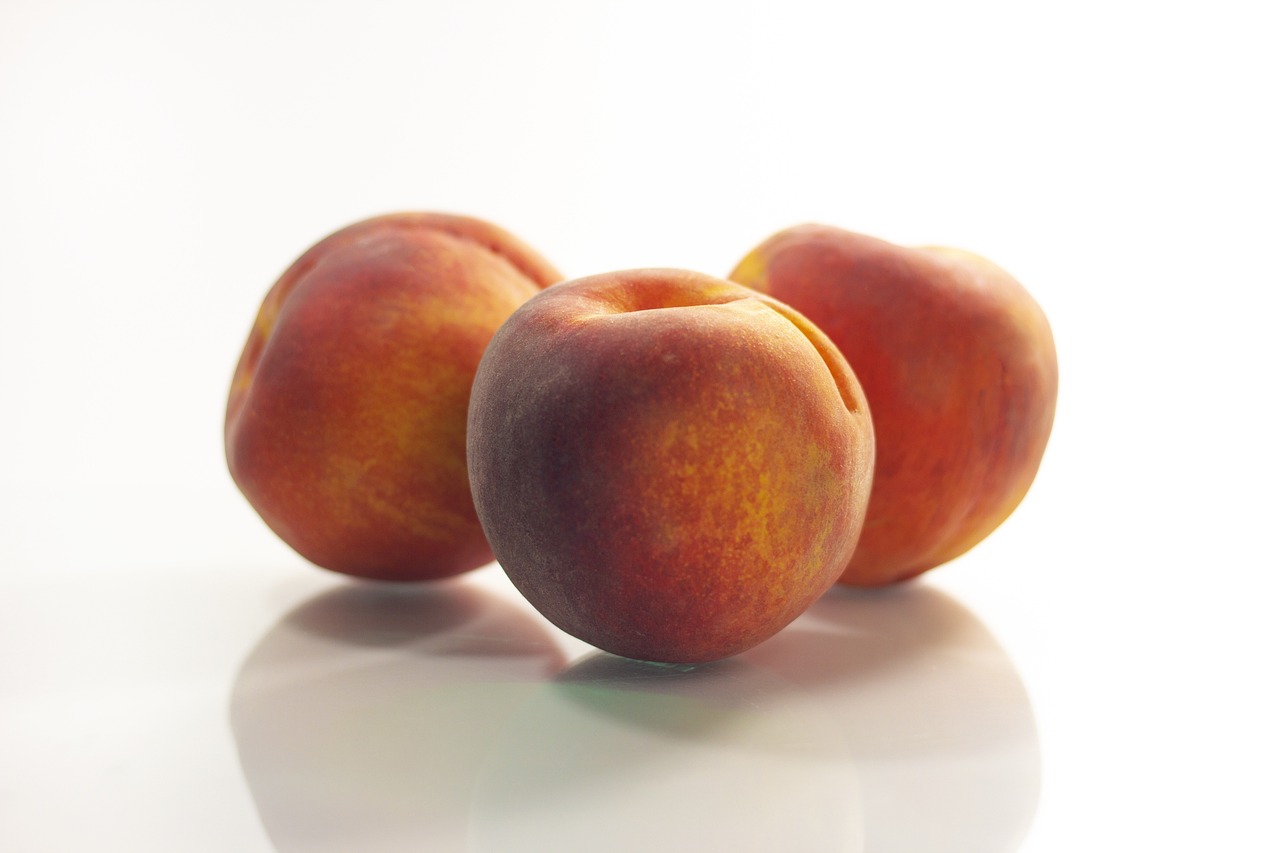Engineering Plant-Microbe Interactions for Crop Protection: 11xplay online, Diamondexch9.com register, Skyexchange
11xplay online, diamondexch9.com register, skyexchange: Engineering Plant-Microbe Interactions for Crop Protection
When it comes to protecting our crops from pests and diseases, traditional methods such as chemical pesticides can have harmful effects on the environment and human health. However, there is a more sustainable and environmentally friendly approach that is gaining popularity – engineering plant-microbe interactions for crop protection.
Plant-microbe interactions play a crucial role in the health and productivity of crops. Certain beneficial microbes, such as bacteria and fungi, can help plants resist pathogens, promote growth, and increase nutrient uptake. By harnessing the power of these microbes, researchers are developing innovative ways to protect crops without the need for harmful chemicals.
One method of engineering plant-microbe interactions for crop protection is through the use of biocontrol agents. These are beneficial microbes that can outcompete pathogens for resources and space on the plant. By introducing biocontrol agents to the soil or directly onto the plant, farmers can help boost the plant’s natural defenses and reduce the risk of disease.
Another approach is to genetically engineer plants to produce antimicrobial compounds that can help fight off pathogens. This could involve inserting genes from beneficial microbes into the plant’s genome, allowing it to produce its own protective compounds. By enhancing the plant’s ability to defend itself, researchers hope to reduce the need for chemical pesticides and ensure a healthier, more sustainable crop production system.
In addition to protecting crops from pathogens, engineering plant-microbe interactions can also help improve nutrient uptake and promote growth. Certain beneficial microbes can increase the availability of essential nutrients, such as nitrogen and phosphorus, to the plant. By enhancing nutrient uptake, plants can grow more vigorously and produce higher yields.
Overall, engineering plant-microbe interactions for crop protection is a promising approach that offers numerous benefits for both farmers and the environment. By harnessing the power of beneficial microbes, we can reduce our reliance on chemical pesticides, promote sustainable agriculture, and ensure a more secure food supply for future generations.
FAQs
What are plant-microbe interactions?
Plant-microbe interactions refer to the relationships between plants and microorganisms, such as bacteria and fungi, that can be beneficial or harmful to the plant’s health.
How can engineering plant-microbe interactions help protect crops?
By using biocontrol agents or genetically engineering plants to produce antimicrobial compounds, researchers can enhance the plant’s natural defenses against pathogens and reduce the need for chemical pesticides.
Are there any potential drawbacks to engineering plant-microbe interactions for crop protection?
While the use of beneficial microbes can offer many benefits, there may be challenges in ensuring their effectiveness in different environmental conditions and potential risks of unintended consequences on the ecosystem. Ongoing research is focused on addressing these issues to maximize the benefits of this approach.







